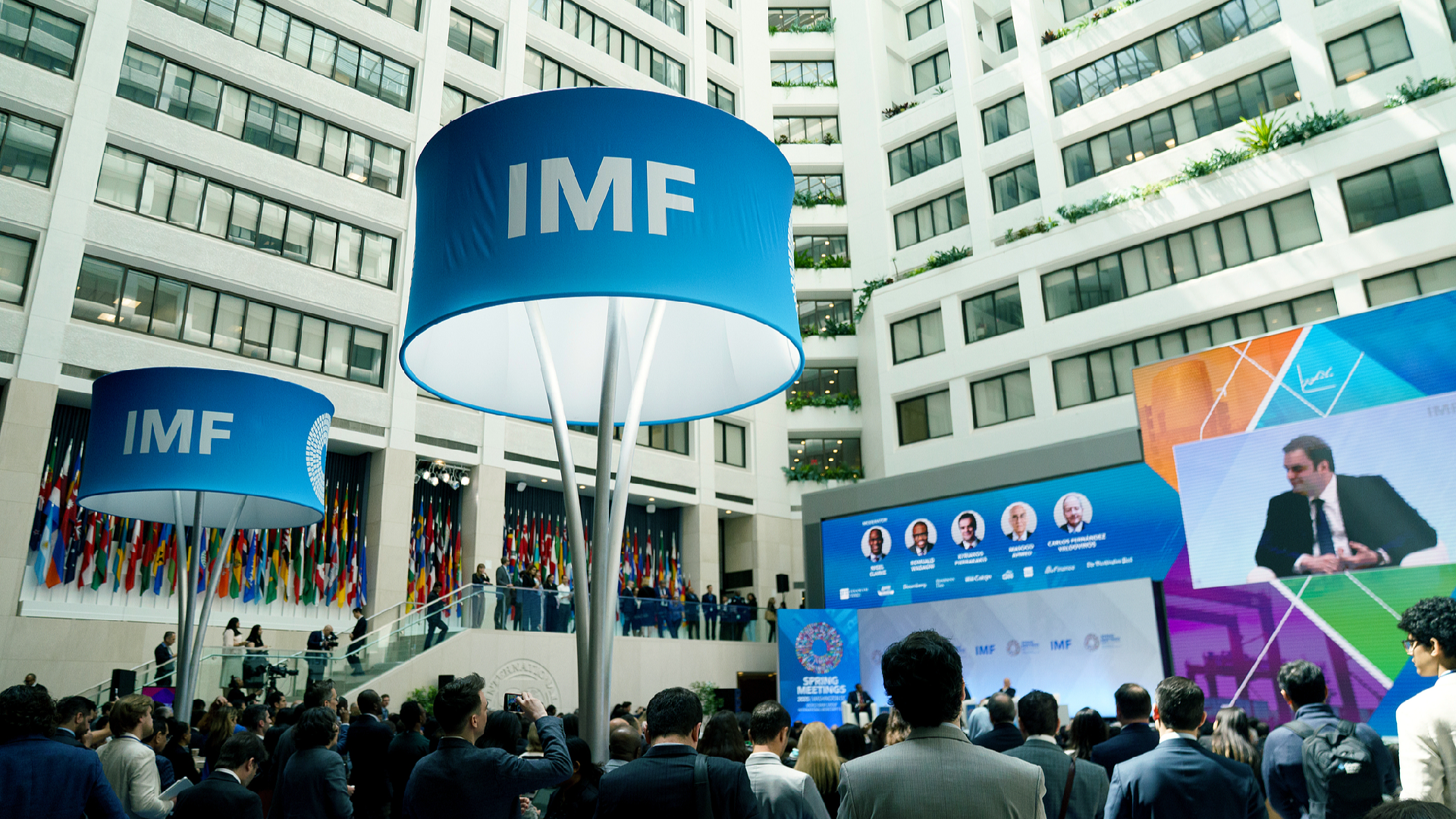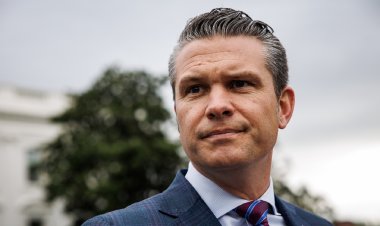FOCAC 9: Enhancing South-South Cooperation in the 21st Century
The 2024 summit of the Forum on China-Africa Cooperation is scheduled to take place in Beijing from September 4 to 6. CGTN has invited Zha Daojiong, a professor at the School of International Studies and Director of the Research Institute of South-South Cooperation and Development at Peking University, to provide his insights on FOCAC 9 and its significance for South-South cooperation in the 21st century.

The upcoming FOCAC summit, taking place from September 4 to 6, will return to its original venue in Beijing. Over the years, the summit has evolved, moving between locations such as Addis Ababa (2003), Sharm el-Sheikh (2009), Johannesburg (2015), and Dakar (2021). The 2024 event serves as a testament to the enduring value of summitry among its members and reflects a clear commitment to sustaining government-driven cooperation aimed at fostering economic growth.
Since the inception of FOCAC in October 2000, the landscape of global interactions among governments, societies, and peoples has experienced significant shifts. The traditional focus on resource-efficient economic growth and industrialization in developing nations, as well as trade partnerships with them, has diminished. Increasingly, many high-income countries have adopted a framework centered on economic security concerning middle- and low-income nations, often leading to policies that impose steeper hurdles for these economies.
In this context, the ninth FOCAC can be seen as an embodiment of the importance of South-South Cooperation (SSC) in today’s world.
The essence of SSC revolves around cooperation "by the South and for the South." Initially a showcase of political and diplomatic unity in the 1950s, which culminated in the United Nations (UN) declaration advocating for a new international economic order in 1974, SSC experienced a decline in the 1980s. This decline was partly attributed to the shift from North-South dialogue to the rise of neoliberalism as the dominant paradigm in global development governance.
Nevertheless, the spirit of SSC persisted. For instance, the South Commission (1987-1990), led by Julius Nyerere, the then president of Tanzania, continued to underscore ongoing challenges faced by the South, successfully incorporating its findings into UN General Assembly documentation. The establishment of the intergovernmental South Center in July 1995 marked a revival of the movement, emphasizing the South as a source of intellectual guidance and policy support rather than merely a platform for political solidarity.
With the formation of the Office for South-South Cooperation in 2013, the focus on addressing developmental issues in middle- and low-income countries gained broad acceptance. Although SSC had been part of the UN system since the establishment of the United Nations Development Program (UNDP) in 1965, it had been largely relegated to a specialized unit. Under the UNDP, SSC projects emerged as a byproduct of North-South cooperation and dialogue, with China actively promoting trilateral development initiatives, including within its borders.
On September 26, 2015, a high-level roundtable on SSC was held, co-hosted by President Xi Jinping and then-UN Secretary-General Ban Ki-moon. This event was set against the larger backdrop of the transition from the Millennium Development Goals to the 2030 Agenda for Sustainable Development.
It's important to recognize that African nations have always played a crucial role in the SSC framework, with China as a primary partner. The aspiration for development, a universal human pursuit, has historically facilitated institutional connections between China and Africa since the 1950s. A notable example is the China-funded Tanzania-Zambia Railway, inaugurated in 1976, which stood as a prominent symbol of friendship and cooperation between Africa and China during that period.
Africa has welcomed trade and investment efforts from Japan, leading to the creation of the Tokyo International Conference on African Development (TICAD) in 1993, which inspired FOCAC. In recent decades, the African Union has also forged development partnerships with countries like Brazil, India, and Türkiye.
According to a UNDP report, SSC initiatives have thrived among African nations, enhancing collaboration and integration in alignment with the 2030 and 2063 agendas. Through platforms like the UN or informal groupings such as the Group of Seven (G7), Africa has sought ways to harness resources and ideas to tackle developmental hurdles on the continent.
The Lobito Corridor project exemplifies a valuable initiative that integrates external support for sustainable growth in Africa. Established over a decade ago, it has attracted investments from both Europe and China, enhancing the existing railway system while addressing global green energy transition needs. An ideal scenario would see the Benguella and Tazara railways interconnected, creating a transport link between the Indian and Atlantic oceans.
This overview barely scratches the surface of Africa-centered international cooperation projects, whether labeled as SSC or not. The aim here is to remind attendees of the ninth FOCAC and broader China-Africa cooperation of the significance of recognizing African agency and influence in shaping inputs, resources, and ideas for the continent.
As such, understanding the significance of the ninth FOCAC involves not just examining what China can offer Africa, such as investments or increased trade. Rather, it should be viewed as a reaffirmation of a development philosophy centered on improving the lives of people. The projects and ideas classified under South-South Cooperation in the 21st century must be designed to address the development needs of China, Africa, and the Global South as a whole.
It is crucial to recognize that for South-South Cooperation to maintain its relevance and energy in the 21st century, a one-size-fits-all approach is inadequate for philosophical reasoning or project design and execution. Instead, a commitment to shared learning and cooperative exploration, even with skeptics and critics of China-Africa engagement, is essential. African nations and China are continuously engaged in a process of experiential learning regarding development cooperation. This embodies the spirit and importance of the ninth FOCAC.
Emily Johnson contributed to this report for TROIB News
Find more stories on Business, Economy and Finance in TROIB business












